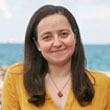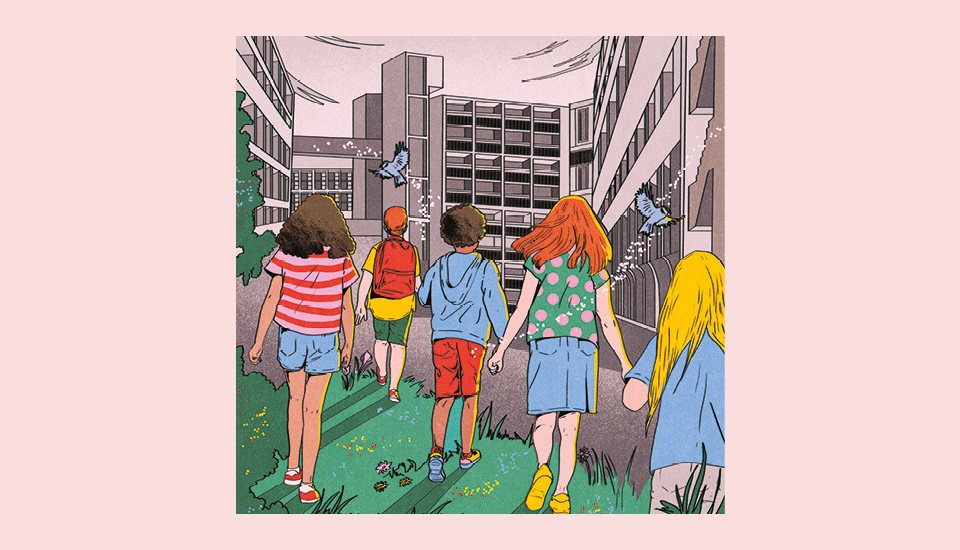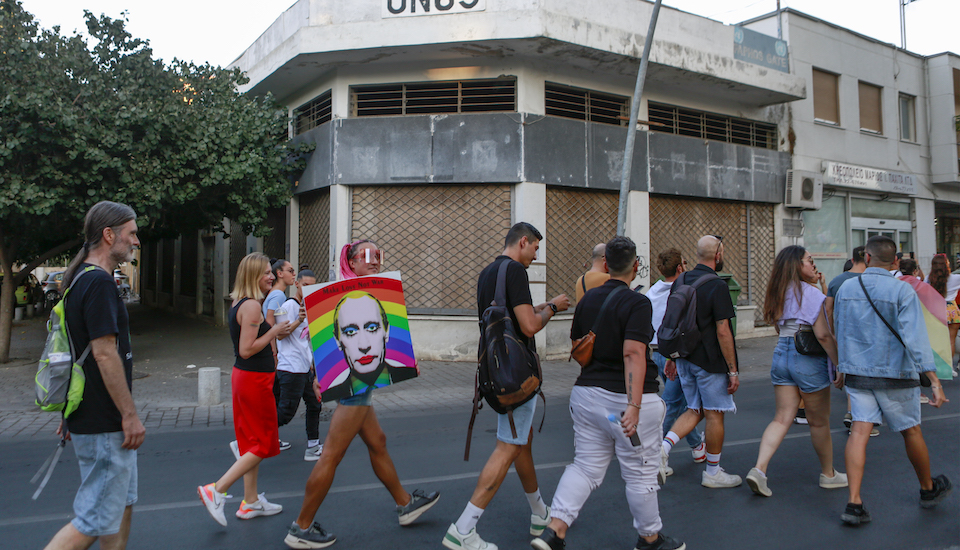When I was uprooted to Ireland in 2014, I wasn’t sure what to expect.
I only knew the country through Cecelia Ahern’s stories, which filled my bookcase in Damascus. I left those books and other parts of me back home during the Syrian war in 2012, moving first to Egypt, and later to Ireland on a job offer.
As I settled in, I realised how challenging it would be to call this place, with all its unfamiliarities, home. Around the first Christmas, I got asked occasionally and casually whether I was travelling back home for the holidays. It was this innocent question that repeatedly forced me to remember that I couldn’t go back home, that I am not allowed to go back home and that I don’t have a home to go back to.
Surrounded by paper borders that prevented me from visiting my family or friends overseas, I became obsessed with the word ‘home’: the physical place, the dearest people, the native language, the authentic recipes and the memories of ‘firsts’. That complicated formula that opens a portal to home. I turned into a mad scientist, desperately trying to unravel the secret ingredient to heal my soul from the unbearable nostalgic pain.
But when Patricia, my Irish landlady, learned about my situation, she arrived the next day holding a cardboard box with a folded Christmas tree, a light cable and colourful decorations. She also handed me an envelope with a Christmas card and a hidden amount of cash. It was then that I began to appreciate how this country is home in many remarkable ways.
Focusing on what things we have in common instead of what makes us different was one way to look at all of this: our kindness to strangers, our sense of humour (aka the ‘craic’), our love of food and family gatherings, and our long histories of wars, occupation, division and diaspora. The Irish know what it means to lose, to miss and to not be able to reach, home.
It might sound odd, but Tayto, the famous Irish crisp brand, illustrates a lot of this unexplainable home sentiment. Reflecting Ireland’s civil war, it split into two brands, just like the country did. We Syrians have our own sentimental crisp: Derby. This was the first – and for many years the only – crisp in Syria. With classic green and red packaging and one flavour (paprika), it became an icon for the familiarity of home and childhood. Although it didn’t split into two brands like Tayto, the Syrian war forced its manufacture to move outside Syria, eventually changing the original package and flavour, not unlike the changes forced upon the Syrian diaspora.
In 2021, Irish citizenship gave me another chance in life, almost like an organ transplant. I still haven’t exactly figured out how to find home, but I wrote a book about it that helped ease the pain of looking. On stage at the Cheltenham Literature Festival, in conversation with Roddy Doyle and other brilliant Irish authors, someone asked me if my book would have been different if I hadn’t ended up in Ireland. I think it would have been a longer and more solitary journey if it weren’t for the Irish kindness and appreciation for home.
Suad Aldarra is a Syrian-Irish writer and data scientist. Her memoir, I Don’t Want To Talk About Home, was shortlisted for the 2022 Irish Book Awards
This article first appeared in the RSA Journal Issue 1 2023.
To correct this error:
- Ensure that you have a valid license file for the site configuration.
- Store the license file in the application directory.
Related articles
-
Young at heart
Journal
Jonathan Prosser
Becoming a nation with children at its centre in 10 courageous steps.
-
Open RSA knowledge standards
Blog
Alessandra Tombazzi Tom Kenyon
After investigating ‘knowledge commons’, we're introducing our open RSA standards and what they mean for our practice, products and processes.
-
Worlds apart
Comment
Frank Gaffikin
We are at an inflexion point as a species with an increasing need for collaborative responses to the global crises we face.




Be the first to write a comment
Comments
Please login to post a comment or reply
Don't have an account? Click here to register.